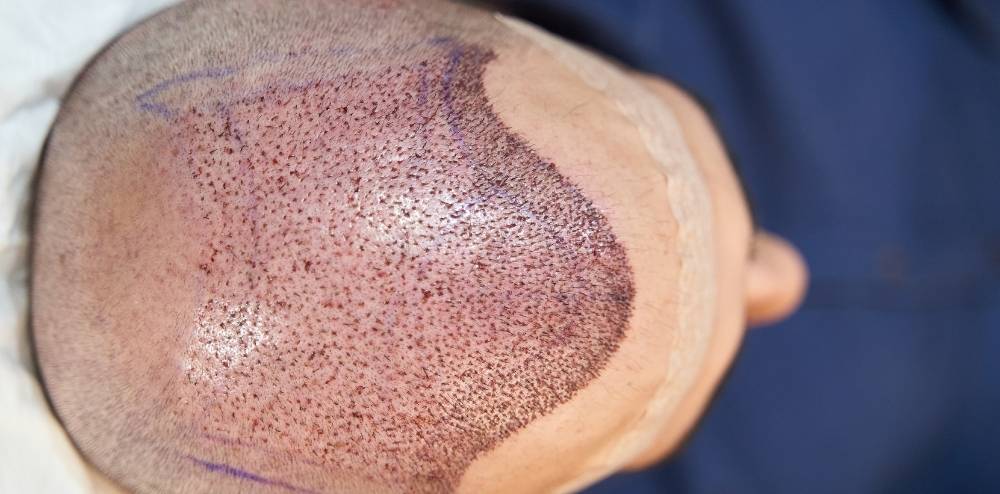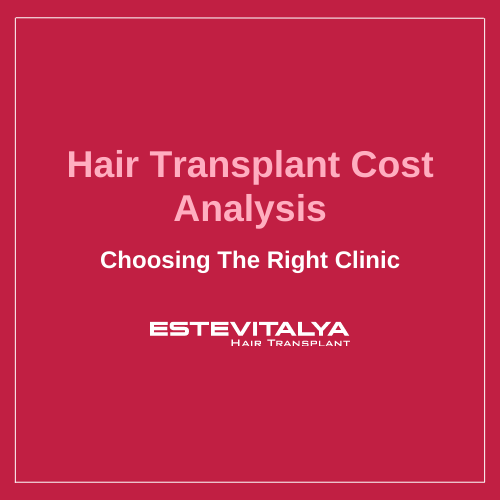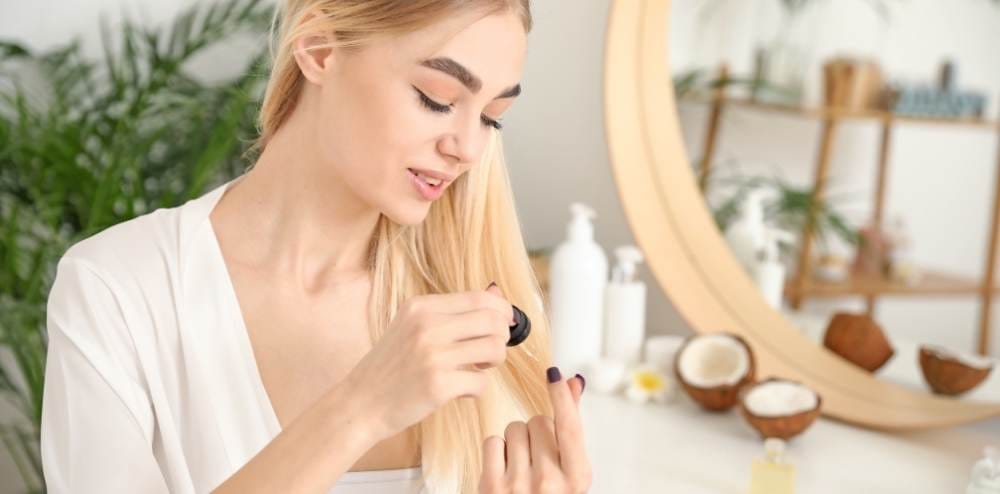Congratulations! You’ve taken the first step towards regaining your confidence and achieving the head of hair you’ve always wanted. A hair transplant is a significant investment in yourself, and it’s essential to ensure that your hair remains healthy, strong and grows to its full potential. In this blog post, we’ll guide you through everything you need to know to maintain healthy hair after your hair transplant journey and maximize your results.
What to Do and Not to Do After a Hair Transplant
- Drink plenty of water
- Avoid strenuous exercise and heavy lifting for at least two weeks after the procedure, rest as much as possible
- Sleep on your back with your head elevated for the first 10 days to reduce swelling
- Keep your head up while sitting or lying down to reduce swelling
- Don’t touch or scratch the transplanted area
- Don’t use hair styling products like gels, mousses, and sprays for at least two weeks
- Don’t wear tight headwear for the first few weeks
- Don’t sunbathe or expose your head to direct sunlight for the first few weeks
- Don’t swim in the pool or sea for the first month
- Don’t shave your head using a shaving machine for the first 6 months after the surgery
- Don’t consume alcohol for 10 days after the surgery

How to Wash Your Hair After a Hair Transplant
Washing your hair is a crucial part of the hair transplant recovery process. After the first 2-3 days, you can start washing your hair, but be sure to use a gentle, sulfate-free shampoo and avoid scrubbing the transplanted area. The aim is to keep the transplanted hair follicles clean and free of any bacteria, while avoiding any damage to the delicate new growth.
Here are a few tips on how to wash your hair after a hair transplant:
- Apply the lotion given to you after the surgery on the transplanted area very gently without rubbing. Then wait for 30 minutes.
- Wash the lotion from your hair with lukewarm wateFirst put the shampoo in your hand and make bubbles then apply the shampoo to your scalp.
- Pat the area with the shampoo gently, using your fingertips do not rub the area.
- Rinse your hair thoroughly with lukewarm water
- Pat your hair dry with a soft towel, avoiding rubbing
- Repeat the process everyday for 7 days starting at day 3 after the surgery
What to Eat for Healthy Hair After a Hair Transplant
Diet plays a crucial role in the health of your hair. A balanced diet rich in vitamins and minerals can help support the growth and strength of your hair. Here are a few key nutrients that are essential for healthy hair:
Protein: Hair is made up of a protein called keratin, and a diet rich in protein can help to support hair growth and strength. Good sources of protein include chicken, fish, eggs, and dairy products.
B vitamins: B vitamins, particularly Biotin, are essential for healthy hair. Biotin is found in foods such as eggs, salmon, almonds, and avocado.
Vitamin C: Vitamin C is essential for the production of collagen, which is important for the health of your hair and skin. Good sources of vitamin C include oranges, kiwi, strawberries, and bell peppers.
Iron: Iron is essential for the growth of strong and healthy hair. Good sources of iron include red meat, poultry, beans, and leafy greens.
What Supplements to Take for Healthy Hair After a Hair Transplant
In addition to a balanced diet, taking supplements can help to support the health of your hair. However, it’s essential to speak to your doctor before starting any new supplements, as some may interact with medications you’re taking. Here are a few supplements that may be beneficial for healthy hair:
Biotin: As mentioned earlier, biotin is an important B vitamin for hair health. Biotin supplements are readily available and can help to support hair growth and strength.
Vitamin C: Vitamin C supplements can help to support collagen production and overall hair health.
Omega-3 fatty acids: Omega-3 fatty acids can help to improve the health of your scalp and support hair growth. Good sources of omega-3s include fish, chia seeds, and flaxseeds.
Iron: If you’re prone to iron-deficiency anemia, an iron supplement may be recommended to support healthy hair growth.
Supporting Treatment for Healthy Hair After a Hair Transplant
In addition to diet and supplements, there are a few supporting treatments that can help to maintain healthy hair after your hair transplant journey.
Scalp Massages: Gentle scalp massages can help to improve blood circulation to the scalp, which can support hair growth.
Low-level Light Therapy (LLLT): LLLT is a pain-free, non-invasive treatment that uses low-level light to improve blood flow and support hair growth.
Your doctor may recommend topical medications to support hair growth and maintain the health of your transplanted hair. These medications may include:
Minoxidil: Minoxidil is a topical medication that can help to improve blood flow to the scalp and support hair growth.
Finasteride: Finasteride is a medication that can be used to treat male pattern baldness. It works by blocking the conversion of testosterone to dihydrotestosterone (DHT), which is a hormone that can cause hair loss.
In conclusion, maintaining healthy hair after a hair transplant requires a multi-pronged approach. A balanced diet rich in vitamins and minerals, combined with gentle care and supporting treatments, can help to maximize the results of your hair transplant and support healthy hair growth. Always follow your doctor’s post-operative instructions, and don’t hesitate to reach out if you have any questions or concerns. Good luck on your hair transplant journey! For more information about hair transplant contact our Estevitalya clinic in the beautiful city of Antalya.









